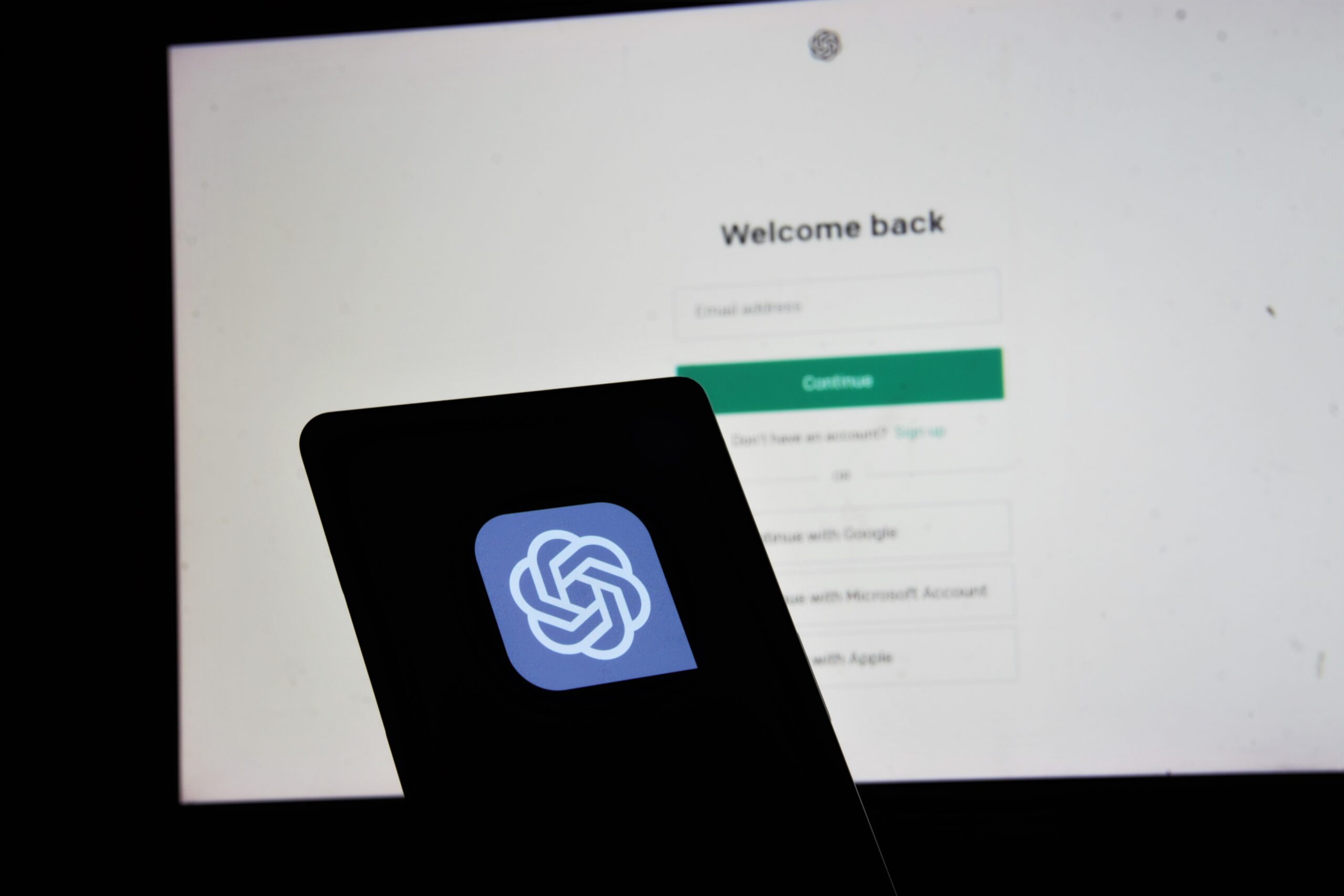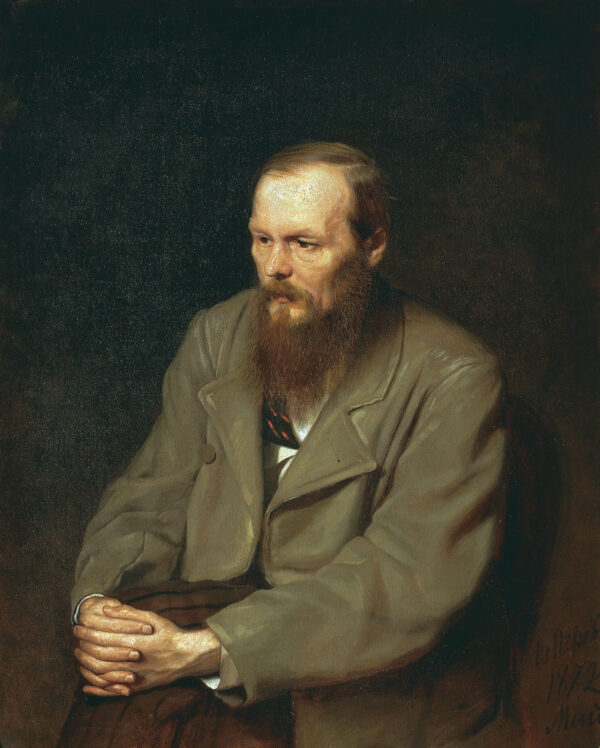Powerful; and Harmful
For our in-class activity on February 13, we were instructed to use ChatGPT to explore and test and its functions. Some of us in the class already have a lot of experience with using the chat bot, others (including me) have little to no experience. My classmates created some very interesting and what looked to be useful lesson plans simply by asking ChatGPT to look at the BC Curriculum for a certain grade and subject and design lesson on those subjects. I simply asked the bot to write me some poems and songs. I was impressed by the efficiency and ability of the bot to create something mostly-cogent, but the results were generally uninspiring and, without surprise, lacked the humanity usually found in such art. I came away from the experience feeling as though I could have been more creative with the tool, or used it to my advantage more, but my lack of experience with it hampered my ability to do so. As I’ve thought and reflected on this experience, I have slowly been considering it from another angle. Looking at ChatGPT and other A.I. chat bots like Gemini and Claude from a lense of Indigenous was of knowing and being in BC, specifically with regard to education, I do not feel that the A.I. tool can be used ethically because it violates the First People’s Principles of Learning (FPPL) which are so crucial in guiding education today.
ChatGPT, developed by OpenAI was not created with Indigenous ways of knowing in mind, rather it was created by Silicon Valley venture capitalists looking to create a monopoly in the field fo A.I. chat bot tools, so it is no wonder that it contravenes several of the FPPL. Here is a list of a few of the Principles and how using ChatGPT in an educational setting violates them:
Note: I will be using ChatGPT as a stand-in for all currently-available A.I. chat bots developed by large-scale corporations for the rest of this post.
Learning is holistic, reflexive, reflective, experiential, and relational (focused on connectedness, on reciprocal relationships, and a sense of place).
ChatGPT provides little experiential knowledge other than fiddling with prompts to find a better answer, and, moreover, is devoid of connectedness, reciprocity, and context because it fails to provide connection to other human beings and their thoughts, feelings, or views
Learning involves recognizing the consequences of one‘s actions.
ChatGPT consistently provides information without credit or context and, in some cases, bypasses paywalled information like articles and artworks and provides that to its users. Simply using the chat bot is a failure to recognize the consequences of one’s actions.
Learning recognizes the role of Indigenous knowledge.
As discussed, ChatGPT is developed and funded by massive corporations and individual billionaires seeking to extract profit. The creators of the chat bot in no way represent Indigenous ways of knowing or being.
Learning is embedded in memory, history, and story & Learning involves generational roles and responsibilities & Learning involves recognizing that some knowledge is sacred and only shared with permission and/or in certain situations.
As ChatGPT does not include sources for where or how it generated its results, it fails to provide that crucial context necessary to keep to these three Principles. A key feature of Indigenous ways of knowing and being here in BC is to provide credit, context, and honour to those who pass on information to others. Knowledge keepers and sharers are venerated in most Indigenous cultures and to flout this cultural convention is incredibly disrespectful.
Learning involves patience and time.
ChatGPT provides answers near-instantly and thus gives learners very little time to process all of the information provided. Although it is a fast and powerful tool, there is no replacement for actual experience with trying different tactics and possibly failing to gain a deeper understanding of something.
What has been happening for quite some time is the misappropriation and exploitation by third parties of indigenous knowledge and culture. The impact of this has resulted in spiritual, cultural and economic losses for indigenous communities worldwide.
Prof. Natalie Stoianoff, University of Technology, Sydney, AU
Future
I will not personally be using ChatGPT or any other generative A.I. tools in my future studies or classrooms. These tools present ethical concerns too large for me to get over. I will not deride others who choose to use them, because it is clearly powerful and useful. Further, I will be educating my students on the present concerns with these tools and thus offer them to make a respectful and appropriate choice. If other A.I. tools are created with these ethical concerns in mind and are able to avoid them, then I might reconsider. In fact, there are Indigenous people and groups that are interested in developing A.I. tools for the purposes of language revitalization and cultural and historical preservation. If these tools adhere to the FPPL (since I’m in BC, this is very important to me) then I would be happy to use them in my own classrooms.
P.S.
Here is a quote about ChatGPT from its Wikipedia page. Decide for yourselves if you’d like to “ask ChatGPT” next time you need something.
“Time magazine revealed that, to build a safety system against harmful content (e.g., sexual abuse, violence, racism, sexism), OpenAI used outsourced Kenyan workers earning less than $2 per hour to label harmful content. These labels were used to train a model to detect such content in the future. The outsourced laborers were exposed to “toxic” and traumatic content; one worker described the assignment as “torture”.”




